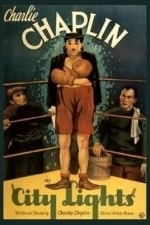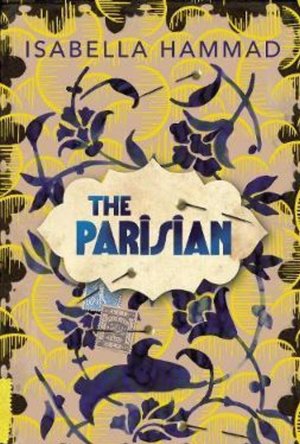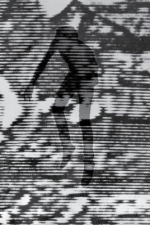
Discordia
Book Watch
Discordia, a new book by Magnum photographer Moises Saman, represents a personal memory of the...
Photography
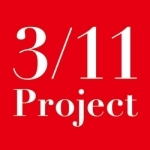
3/11 TSUNAMI PHOTO PROJECT
News and Book
App
Photographers from around the globe converged on remote areas devastated by the Japan...

Soccer Live Score
Sports and News
App
Soccer live scores gives you a simple, fast way to view the latest soccer scores from across the...
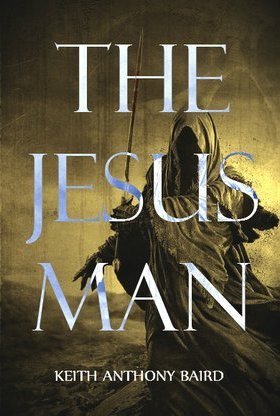
The Jesus Man
Book
It is 2037. Radicals in the Middle East have done the unthinkable. Low-yield nuclear weapons have...
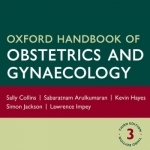
Oxford Handbook of Obstetrics and Gynaecology
Medical and Book
App
By downloading this “frame” app you will be given the opportunity to PURCHASE the latest version...
Anil Kapoor recommended City Lights (1931) in Movies (curated)

Carriage - Food Delivery
Food & Drink
App
Carriage - A leading app in online food ordering and delivery in the Middle East. Tap to order...

CoPilot GPS – Car Navigation
Navigation and Travel
App
Built for you, the driver. CoPilot is always ready to guide you with clear directions, reliable...
ClareR (6037 KP) rated The Parisian in Books
May 30, 2019
When Midhat returns home to Nablus, he is expected to conform to his fathers wishes, marry a woman from a good Muslim family, and work for the family business. He is thereafter known as The Parisian to those who don’t really know him, because of his style of dress and his outlook on life.
Politics soon begin to affect every part of his life, as the colonial powers of Britain and France flex their muscles. Their unwillingness to learn histories and the way people actually want to live cause untold problems, which actually we still see the consequences of today.
I can see that some may struggle with the French and Arabic peppered through the dialogue (I don’t speak Arabic), but I do think it was used in such a way that I didn’t lose track of what was happening, and it lent some credibility to the story. Midhat slips in french words to his speech when something surprises him, or he feels strongly about something. His second language has become a part of him. Endearments are usually in Arabic as well (it took a little while for me to realise what they were, and there are other words used that aren’t just endearments, I’m sure!).
This is a beautifully told story. It’s hard to read in places - history isn’t always very pretty. But I think it’s important to learn about the past in order to understand the present and hopefully learn from past mistakes.
Many thanks to NetGalley and the publisher for my copy of this book to read and honestly review.
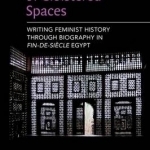
Classes of Ladies of Cloistered Spaces: Writing Feminist History Through Biography in Finde-Siecle Egypt
Book
This book explores the writing and influence of the first Arabic language global biographical...
